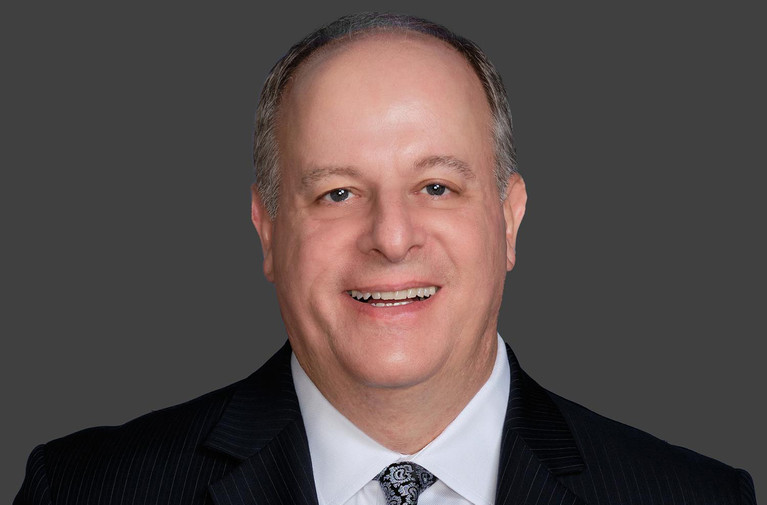Trending Topic: Transition from In-House to Law Firm Life Highlights Shifting Legal Career Dynamics
New York, NY – August 22, 2025 – Robert Rosenberg, a former general counsel at Showtime Networks, made headlines with his unexpected return to law firm life at Moses & Singer in 2024, after launching a solo practice in 2023 following a 22-year tenure at the media giant. In a recent Law.com article titled “‘Everybody Needs a Lawyer’: Why a Former Showtime GC Returned to Law Firm Life,” Rosenberg explained his decision, highlighting the evolving role of legal services and the appeal of Big Law’s resources and collaborative environment. His move reflects broader trends in the legal industry, where attorneys navigate the balance between in-house predictability and law firm flexibility.
From Showtime to Solo to Big Law
Rosenberg’s career trajectory is a study in adaptability. After serving as Showtime’s general counsel for over two decades, he launched a solo practice in 2023, anticipating a quieter, independent career. However, he soon realized the limitations of working alone, particularly the lack of collaboration and institutional support. In a quote from the Law.com article, Rosenberg noted, “There are two kinds of companies: the ones embracing change and the ones going out of business.” This philosophy drove his decision to join Moses & Singer, a New York-based firm, where he could leverage its infrastructure while continuing to serve clients in media, entertainment, and technology.
His return to Big Law was motivated by the desire for a team-oriented environment and access to resources like specialized expertise, robust research tools, and administrative support—elements often absent in solo practice. Rosenberg’s experience at Showtime, where he managed legal strategies for high-profile content deals, equipped him with deep industry knowledge, but he found that law firm life offered greater opportunities to collaborate on complex matters and mentor younger attorneys.
In-House vs. Law Firm Dynamics
The transition from in-house counsel to law firm partner underscores key differences between the two roles, as outlined in related industry analyses. In-house lawyers, like Rosenberg at Showtime, often focus on a single client’s needs, acting as legal managers who integrate business strategy with compliance, as noted in a 2014 GC Magazine article. They face pressure to be generalists, handling diverse issues from contracts to HR, with limited formal training compared to law firms. However, in-house roles typically offer more predictable hours and a closer connection to business operations, as highlighted in a Chambers Associate report.
In contrast, law firm life provides exposure to varied clients and complex legal challenges but demands longer, less predictable hours and a focus on billable work. Rosenberg’s move reflects a preference for the intellectual stimulation and collegiality of firm life, despite its demands. A 2018 Leave Law Behind post from a former attorney who transitioned to in-house counsel noted similar trade-offs, emphasizing that law firms offer mentorship and learning opportunities from seasoned partners, which Rosenberg likely sought at Moses & Singer.
Industry Context and Broader Trends
Rosenberg’s return aligns with a broader trend of “boomerang” attorneys—those who leave law firms for in-house roles or solo practice and later return, as discussed in a Law.com article on lateral hiring. Firms value these returnees for their business acumen and client relationships, with Rosenberg’s media expertise making him a strategic hire for Moses & Singer. The firm’s focus on entertainment law complements his Showtime experience, where he navigated deals in a rapidly changing media landscape.
The legal industry’s evolution also plays a role. A 2016 GC Magazine piece highlighted the shift toward outcome-focused legal services, with clients demanding practical advice over billable hours. Rosenberg’s comment about companies embracing change reflects this shift, as law firms increasingly adopt technology and flexible billing to meet client expectations. Posts on X echo this sentiment, with users noting the growing appeal of law firm roles for their collaborative culture and access to cutting-edge legal tools, though some criticize the pressure to generate new business.
Implications for Legal Careers
Rosenberg’s journey underscores the fluidity of modern legal careers, where attorneys weigh lifestyle, professional growth, and client impact. His move challenges the assumption that in-house roles are the ultimate goal, showing that law firm life can offer unique advantages, particularly for those with specialized expertise. As the legal market adapts to technological advancements and client demands, transitions like Rosenberg’s may become more common, with firms leveraging experienced attorneys to strengthen their offerings.
The story also highlights the importance of adaptability, as Rosenberg’s pivot from solo practice to Big Law demonstrates the need to align personal strengths with professional environments. For attorneys considering similar moves, his experience suggests evaluating the trade-offs between autonomy and collaboration, as well as the resources available in each setting.
Sources: Law.com, Legal500.com, Chambers-Associate.com, LeaveLawBehind.com
